About Youth Data Lab
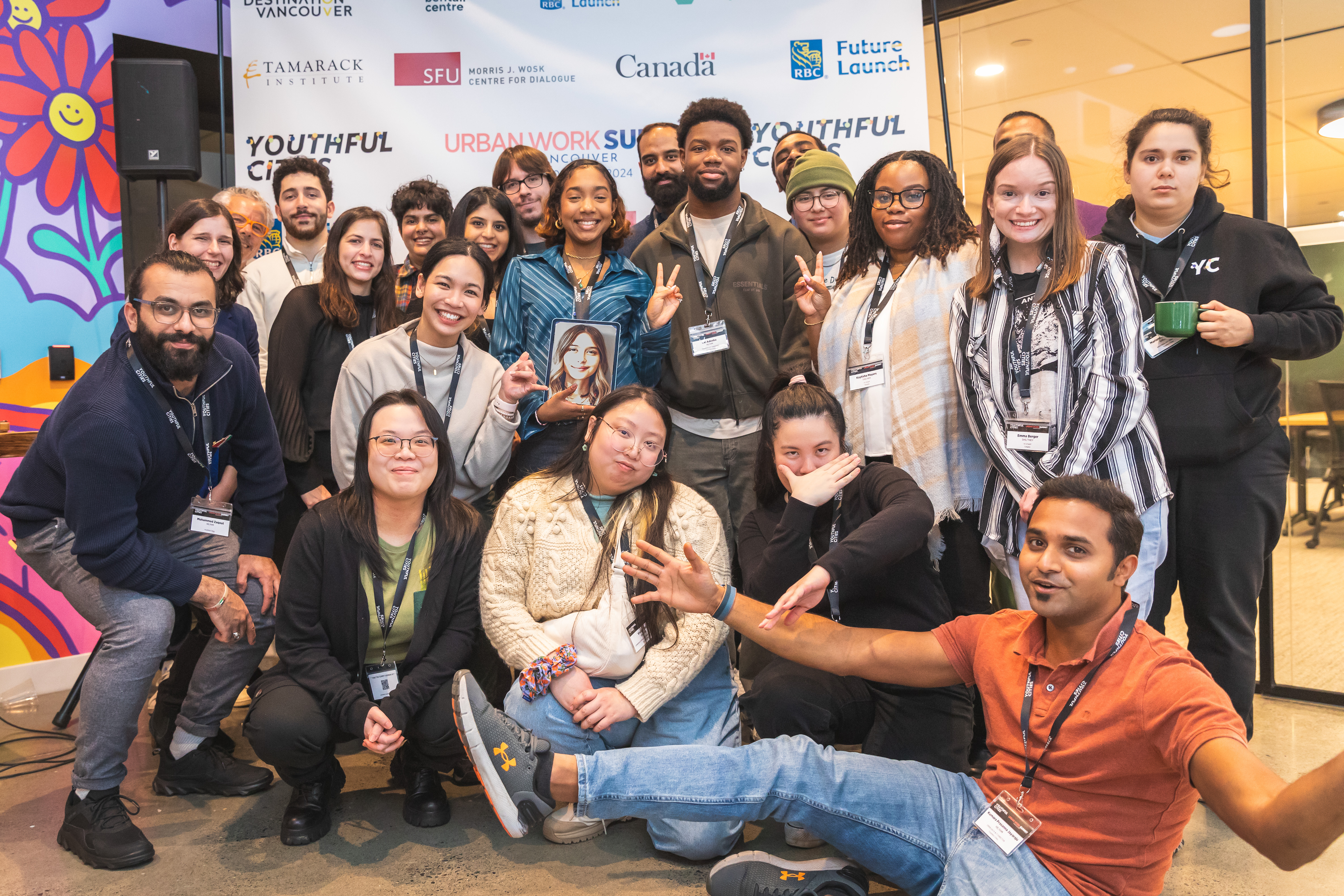
What is Youth Data Lab?
Youth Data Lab is an open data portal powered by Youthful Cities. The platform provides valuable, actionable insights for policy makers, organizations, and individuals.
Youth Data Lab amplifies the voices of young people through over 7000 youth survey responses, 31,000 minutes of youth interviews, and 35,000 quantitative data points covering 65 Canadian cities.
The platform offers easy access to reliable data and expertise, enabling data-driven decision-making for effective youth-focused policies, programs, and campaigns. Youthful Cities supports these solutions by encouraging collaboration among and with young people in a think-and-do tank model to analyze data from Youth Data Lab and initiate local projects.
The story behind Youth Data Lab
In 2020, Pivot Hub was born out of Pivot 2020, a program to support young people in driving post-pandemic recovery, funded by the Government of Canada and in partnership with Simon Fraser University.
Pivot Hub, later renamed THE GRID, integrated surveys and interviews of young people across Canada with publicly available third-party information. Together, the data provided a holistic understanding of youth and their cities before and after COVID-19.
In 2023, funded by the Government of Canada, Youthful Cities analyzed the impact of COVID-19 on youth entering the workforce through DEVlab. DEVlab’s findings are integrated into the Youth Data Lab.
With Youth Data Lab, the platform transitions from a data repository to focussing on the actionable insights drawn from the data.
Youth Data Lab Design Principles
Youthful Cities asked young people around the world to help define the word “youthful”. We received an amazing set of descriptors — connected, dynamic, open, curious, inventive, and playful. These words became the values that we operate on to amplify the power of young people and, in turn, to develop Youth Data Lab.
Read more about our organizational values.
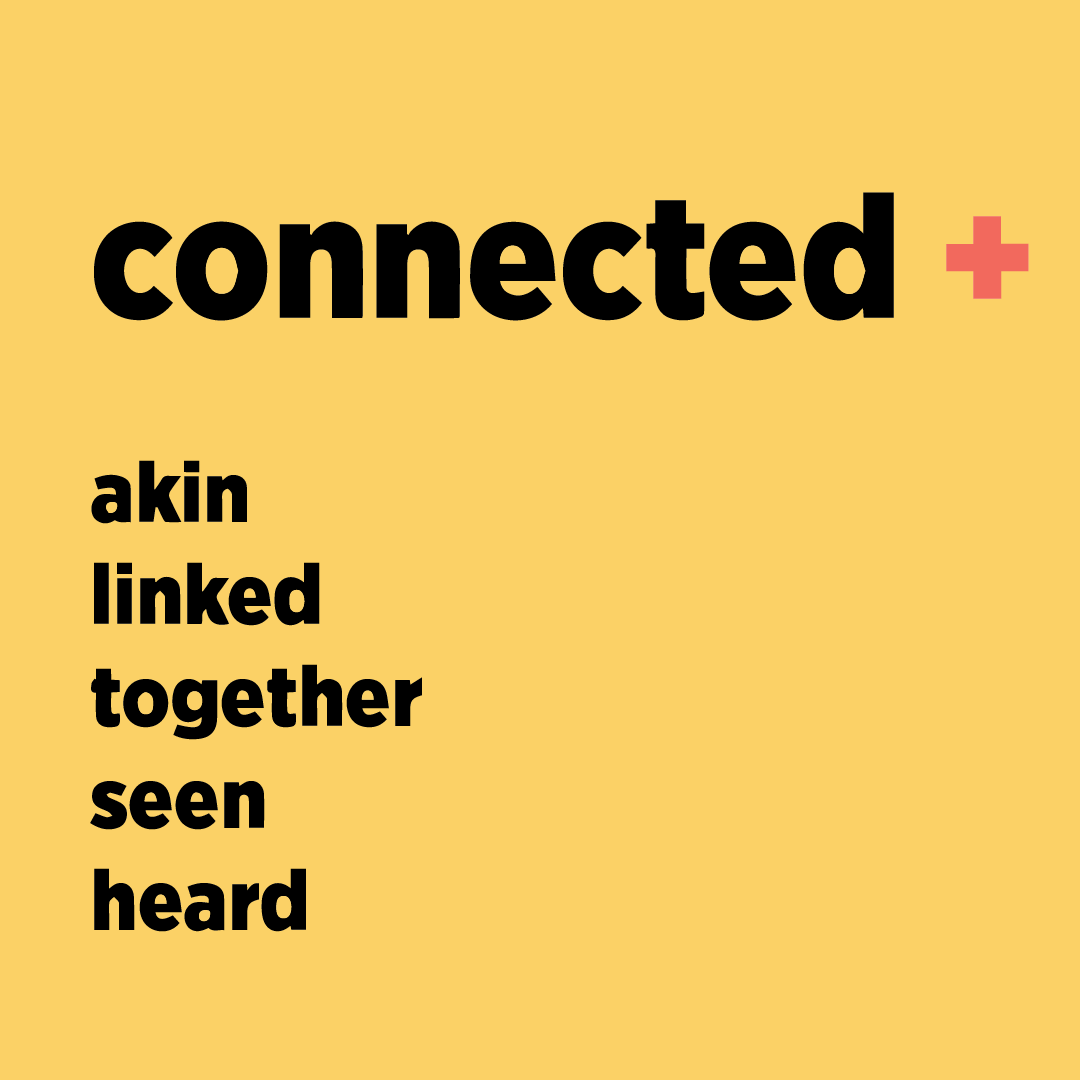
Connected
Youth Data Lab seeks to highlight the connections between data that tell a deeper story. We use multiple qualitative and quantitative research instruments to discover the intersectionality of issues.
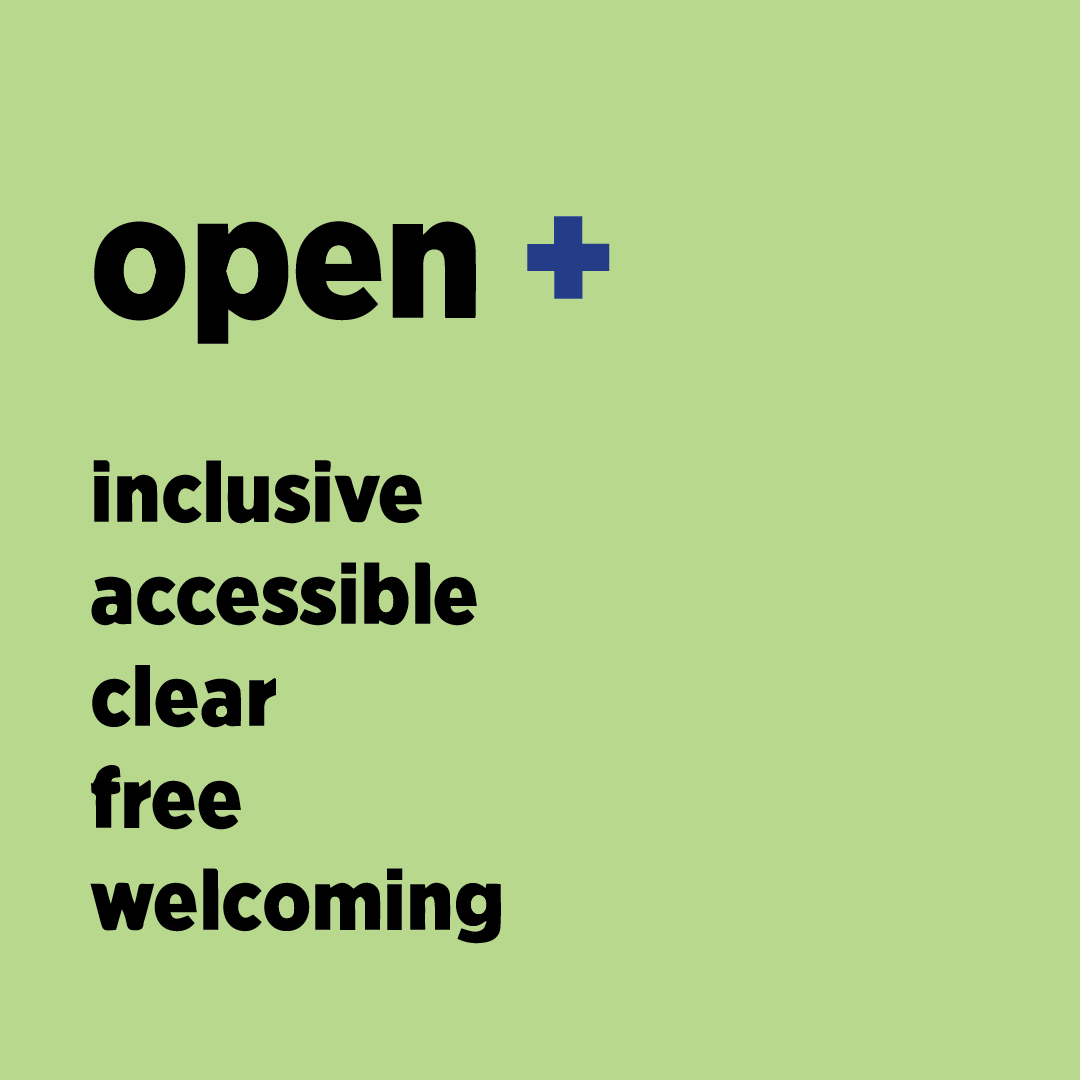
Open
Our data sources and methodologies are transparent. The datasets we publish are free to download and distribute under the Open Database License.
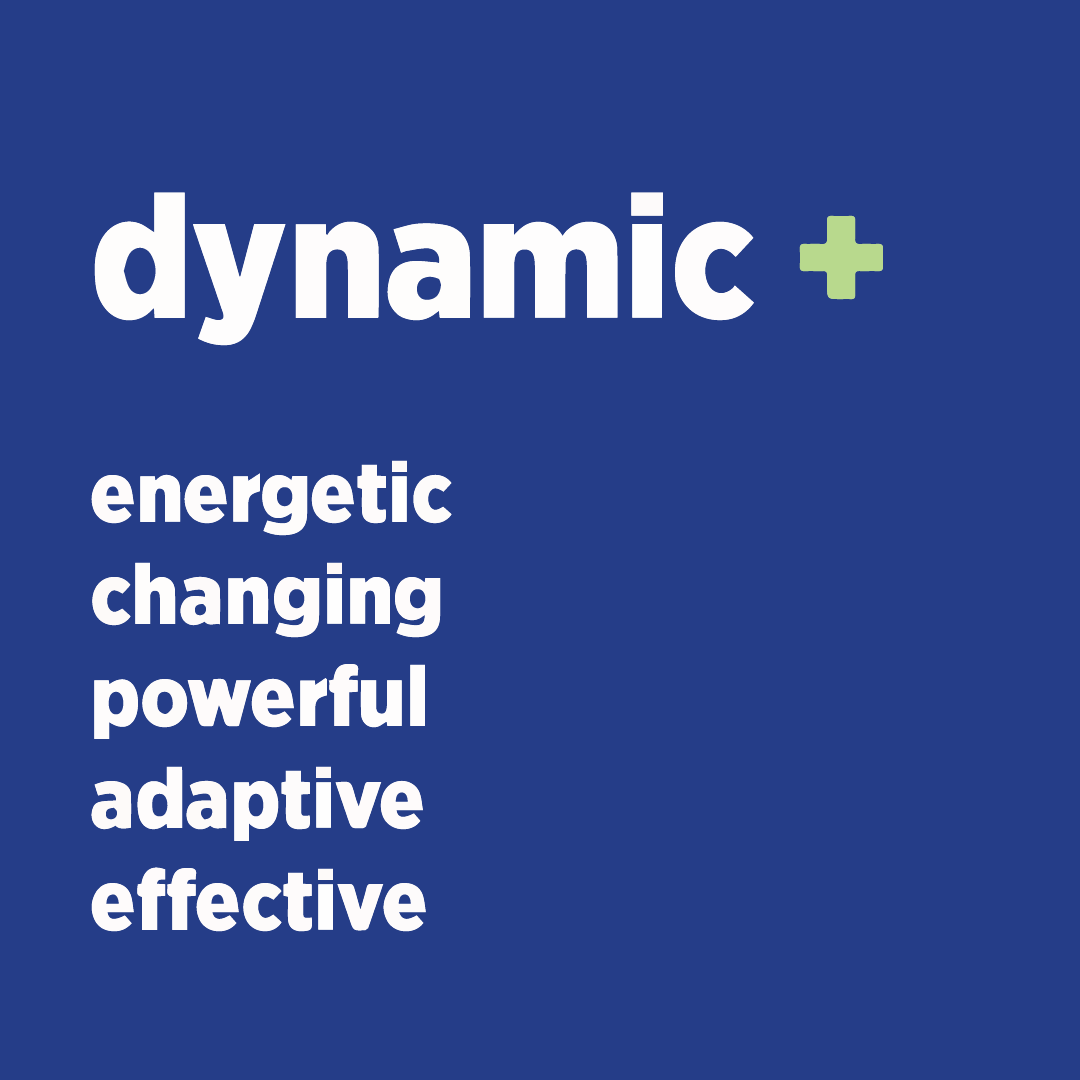
Dynamic
Data is constantly changing, as are the issues it highlights. Youth Data Lab strives to feature the most up-to-date and accurate data available to us. The capabilities of this platform will also continue to evolve to achieve the biggest impact.
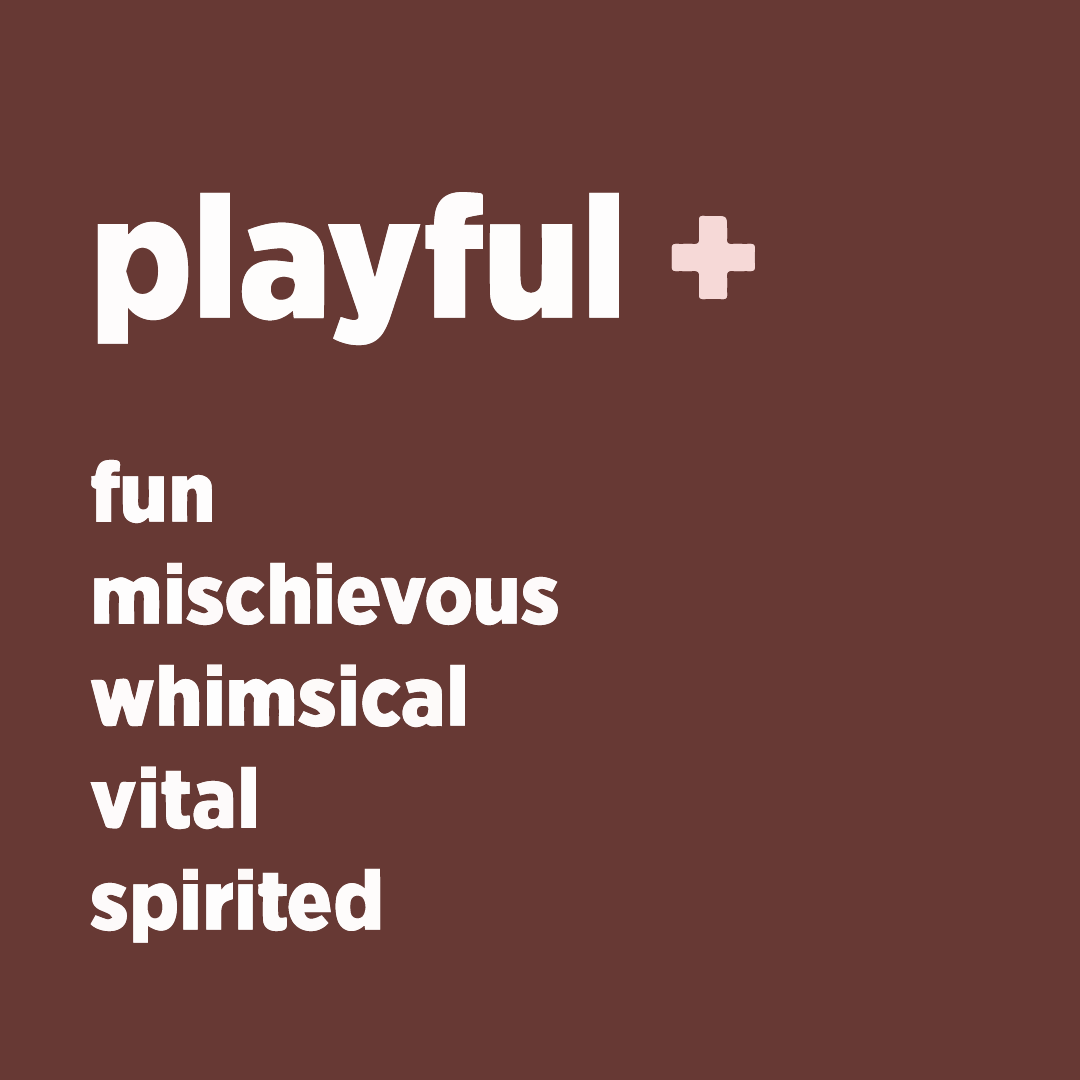
Playful
We firmly believe that data is not boring. Our platform gives users the opportunity to interact and play with data in an engaging and fun way.
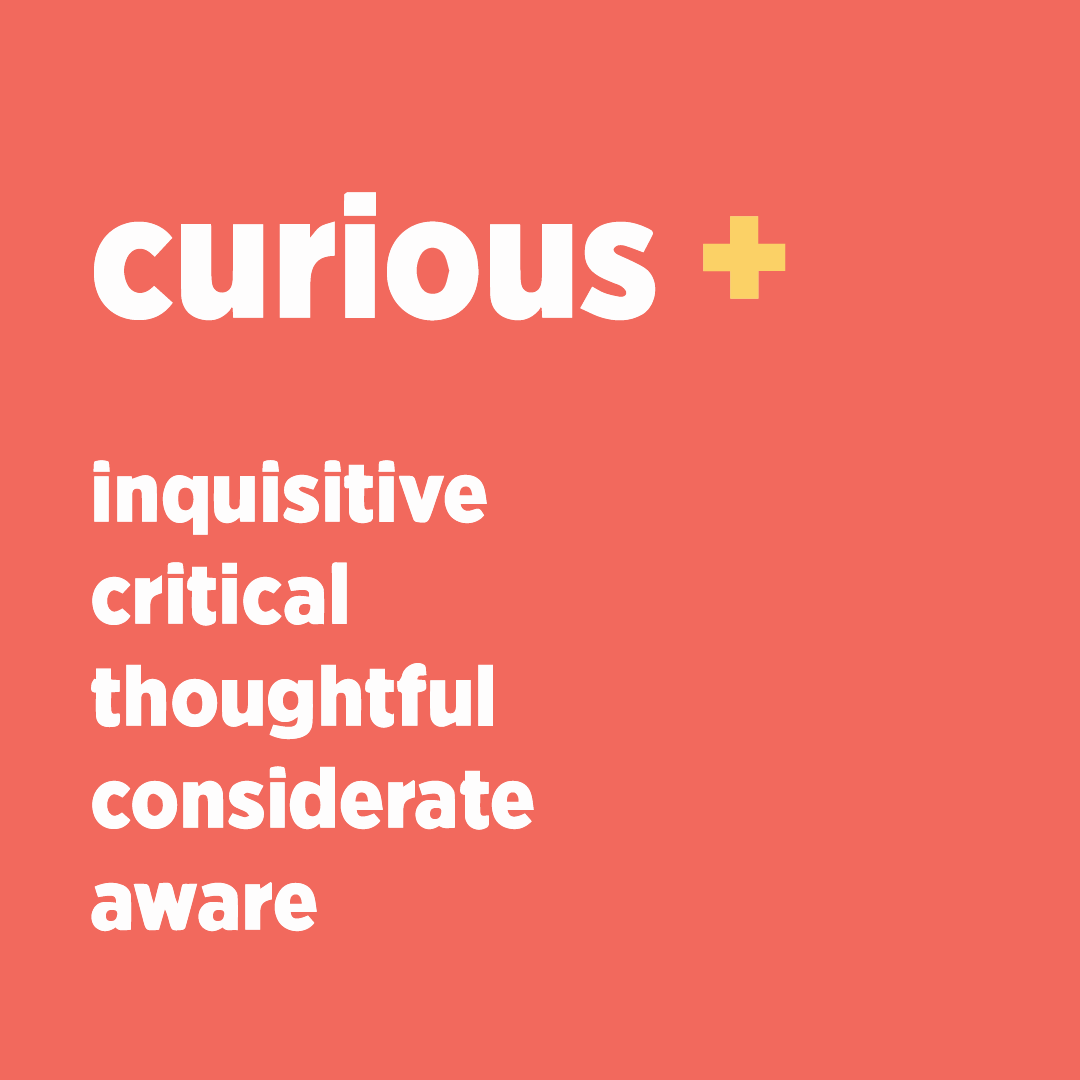
Curious
Youth Data Lab encourages deeper exploration of the themes and issues presented. This portal is just the starting point. We hope to encourage conversation, further research, and ultimately action.
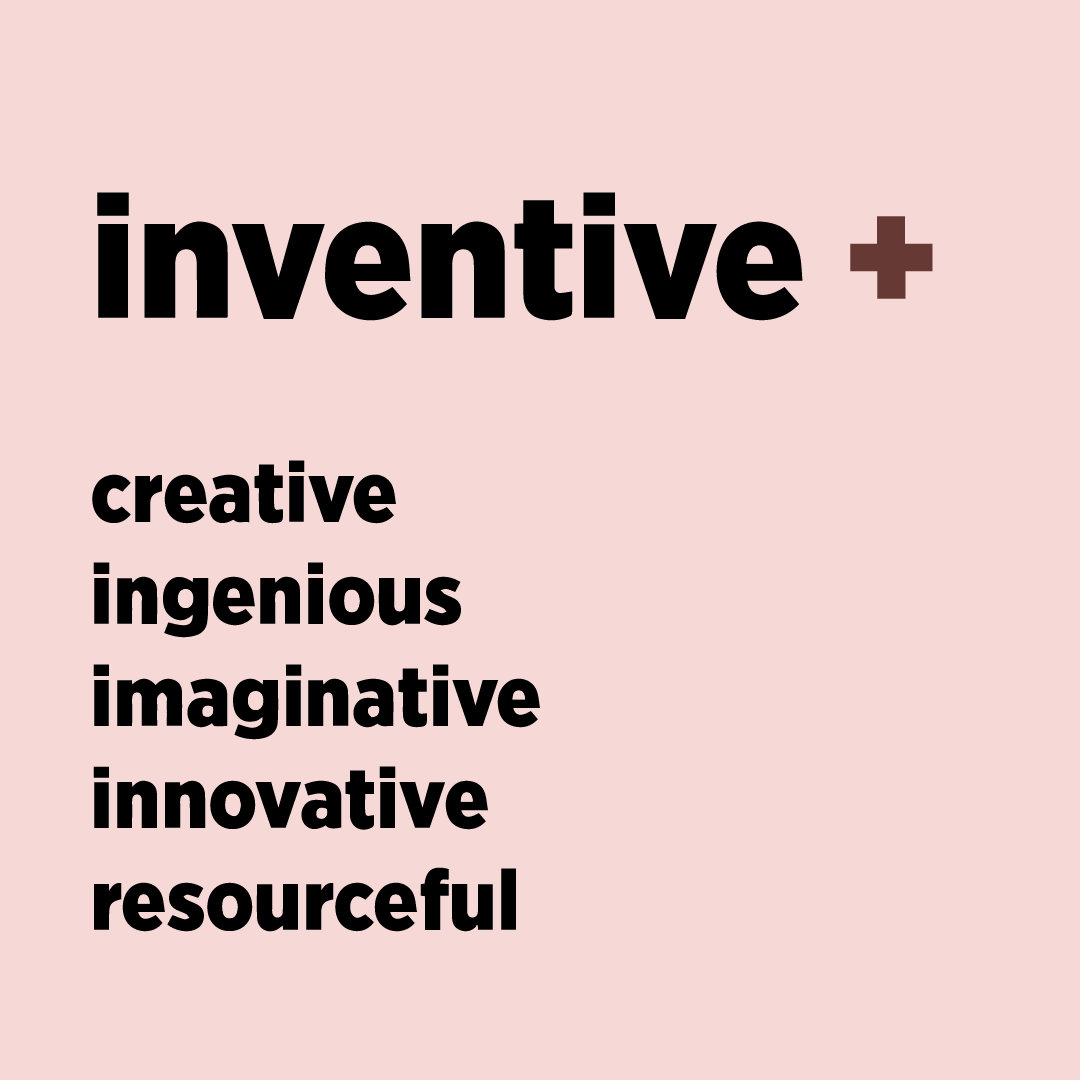
Inventive
We continue to explore new technologies, such as AI, that can be leveraged to extract deeper insights from the data we have available.
Land Acknowledgement
We are grateful to have had the opportunity to collect data from the following areas:
On the West coast, the traditional, ancestral, unceded territory of the xʷməθkʷəy̓əm (Musqueam), səl̓ilwətaɬ (Tsleil-Waututh), skwxwú7mesh (Squamish), Katzie, Kwantlen, Kwikwetlem, Matsqui, Qayqayt, Semiahmoo, Stó:lō, Tsawwassen, W̱SÁNEĆ, and the lək̓ʷəŋən (Lekwungen) People, today known as the Esquimalt and the Songhees Nations.
In the North, Interior, and on the Prairies, the territory of the syilx (Okanagan Nation); Chief Drygeese Territory to the north, traditional home of the Yellowknives Dene and the North Slave Métis; Treaties 1, 4, 6, and 7, the lands of the Blackfoot Confederacy (including the Siksika, Piikani, and Kainai First Nations), the Tsuu T’ina, Anishinaabeg, Cree, OjiCree, Dene, the Nakota / Lakota / Dakota Peoples, and the homeland of the Métis Nation.
In what is known as Ontario and Quebec, a territory encompassing many treaties, including the Dish with One Spoon Wampum Belt Covenant, the Between the Lakes Purchase (1792), the Haldimand Tract, Upper Canada Treaties, Williams Treaties, Robinson-Huron Treaties, the Wabanaki Confederacy, the territories of the Anishinaabeg, Attawandaron, Erie, Haudenosaunee, Kanien’kehá:ka, Lūnaapéewak, Mississaugas, Oneida of the Thames, Six Nations of the Grand River, Wendat, and the Abenaki peoples.
On the East Coast, the traditional unceded territory of the Maliseet, the Mi’kmaq People, and the Beothuk, the land of the Peace and Friendship treaties.
We would like to share our deep gratitude for the youth whose work has led to an open and accessible database to make cities bigger, brighter, and better for all.